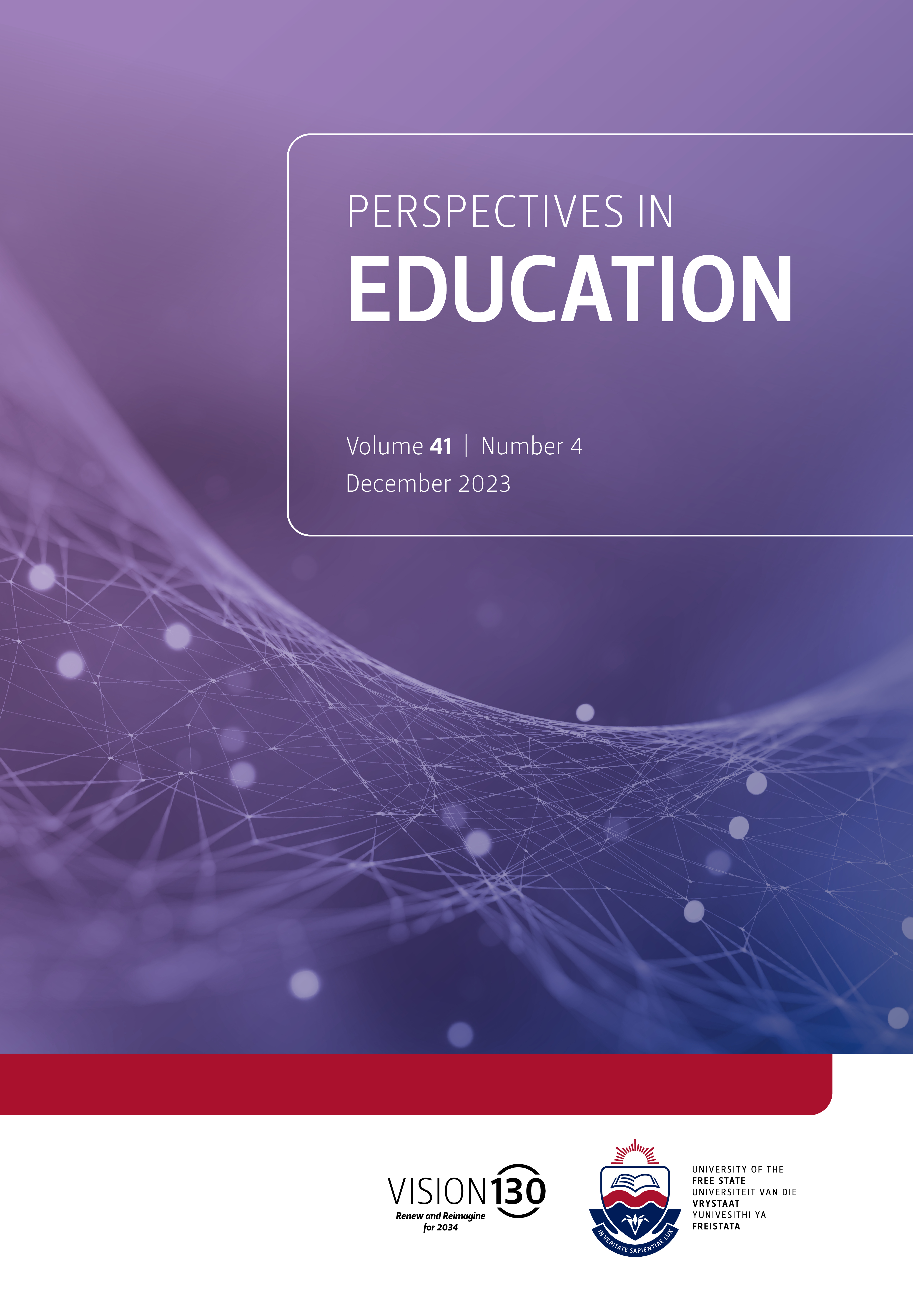Adult education as care work in a South African prison: the role of adult educators
DOI:
https://doi.org/10.38140/pie.v41i4.6924Keywords:
adult education, incarceration, transformative learning, pedagogy of care, South AfricaAbstract
The 2000s saw a change in South Africa’s Department of Correctional Services’ theorising about adult education’s potential to shift incarcerated men’s thinking about their future in a proactive way. The plan was to advance active citizenship in the incarcerated. As such, the Department of Correctional Services (DCS) introduced holistic, integrated adult educational programmes at twelve of its prisons. Although the policy and scaffolding aspects of AET (Adult Education and Training) received extensive attention, limited research was done to understand the situational and institutional challenges that adult learning centres are presented with, and how institutional culture impacts on the successful implementation of policy. The contributions that adult educators make in advancing transformative learning in adult learning centres, often go unacknowledged because they are seldom the focus of educational research.
This article reports on a case study of a successful prison-based adult learning centre. It explores the adult learner-AET educator relationship, specifically the role that educators play in fostering transformational change in such students’ lives, through education. The data were generated through semi-structured interviews with students, their educators and the ALC’s (Adult Learning Centres) manager, as well as through observations in the prison setting.
The findings show that there are strategic employees within the prison environment who resisted the educational opportunities available to incarcerated students. This hostility presented with unique institutional and situational challenges that work against the adult students’ participation and success. However, through facilitation and reflective mediation, the educators established an educationally viable environment in which their students could accumulate cultural and social capital to benefit their educational journeys whilst incarcerated, and their chances of success once released from prison. The educators’ actions resembled a caring pedagogy that was based on social justice principles.
Downloads
##submission.downloads##
Published
How to Cite
Issue
Section
License
Copyright (c) 2023 Doria Daniels

This work is licensed under a Creative Commons Attribution 4.0 International License.









